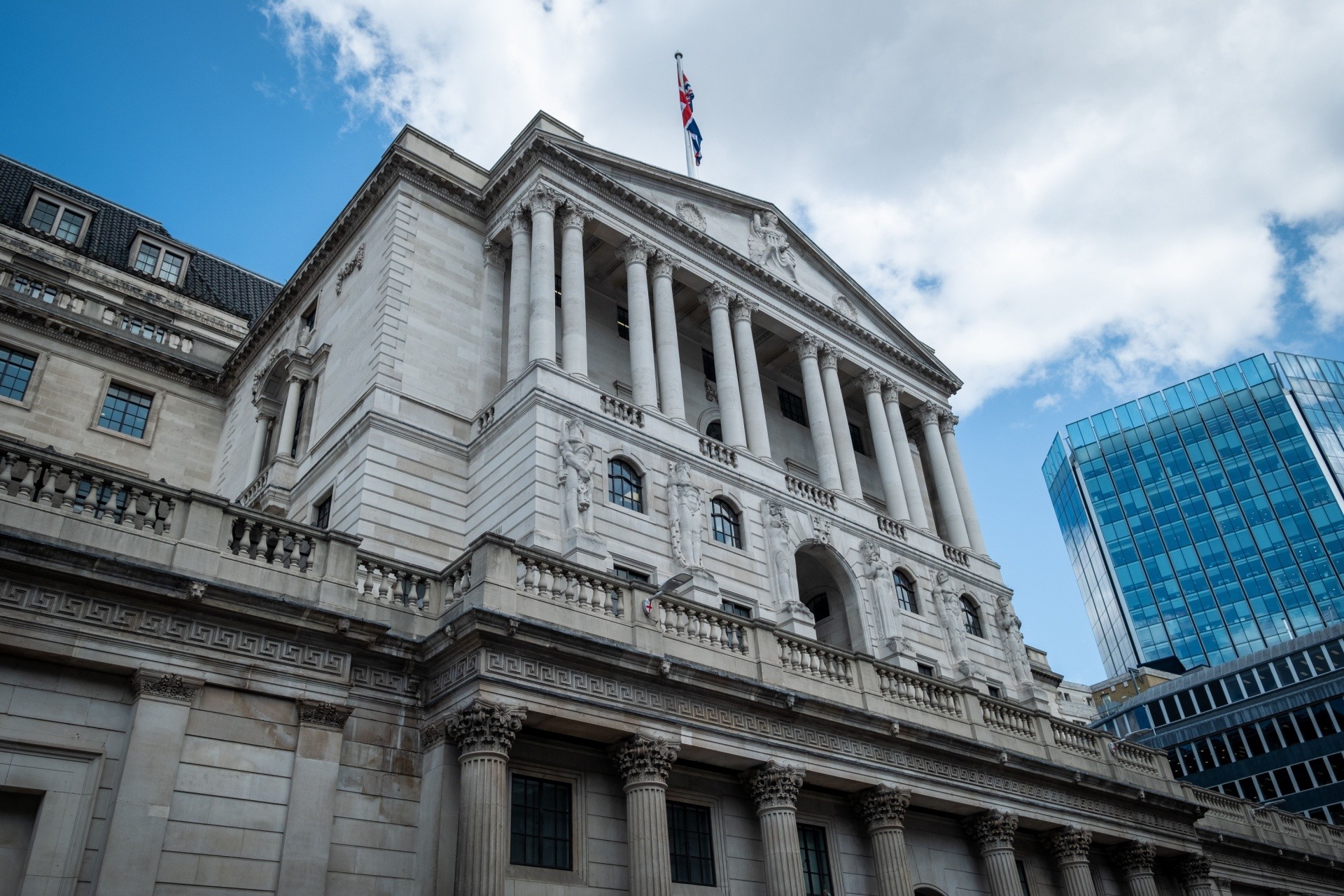Weekly Briefing: UK Venture Capital Investment Surge, Strengthened UK-ASEAN Ties, UK Housing Market Dynamics and US Inflation Drop
In this week's briefing, we talk about the recent rise in UK venture capital which could pave the way to a potentially record-breaking year, a slight decrease in UK property asking prices in July 2024, recent US economic data and more.
UK Venture Capital
UK becomes 3rd highest nation for VC investment
- UK tech start-ups and scale-ups have seen a significant funding influx, raising £7.4 billion in the first half of 2024, recent data published by Dealroom. This marks a notable 16% increase from the same period last year.
- London has reaffirmed its status as Europe's leading hub for tech investment, attracting £5.3 billion during this period, surpassing funding received by tech hubs in Paris and Stockholm combined.
- Major funding rounds have propelled this surge, including Wayve's £861 million raise for autonomous vehicle technology and Abound's £400 million for credit technology.
- These investments have helped the UK's venture capital market rank third globally, positioning itself as a majorplayer in the space alongside the US and China.
- "Leveraging the power of AI to bolster European productivity and growth we believe will be key when building globally successful technology companies on this continent”, stated Jeannette zu Furstenberg, managing director and head of Europe at the global VC firm General Catalyst.
- However, concerns persist over the impact of immigration policies on the sector, with stakeholders advocating for more supportive measures to retain and attract international talent crucial for sustaining growth. The sector is keen to hear what labour has to offer on this matter.
British Economy
Strengthening UK-ASEAN Relationships
- The UK's economic relationship with ASEAN continues to expand, with total bilateral trade reaching nearly £50 billion. In 2021 alone, the UK invested over £25 billion in ASEAN countries, highlighting its pivotal role as a top investor in the region.
- Martin Kent, His Majesty’s Trade Commissioner for Asia Pacific, visited Laos to bolster these economic ties further. His visit included co-chairing the ASEAN-UK Senior Economic Officials meeting, aimed at enhancing digital trade standards and supporting Laos' chairmanship of ASEAN in 2024.
- The UK Government launched the £25 million ASEAN-UK Economic Integration Programme in April 2024 spanning four years and focusing on regulatory harmonisation, trade facilitation, and enhancing financial services.
- Stakeholders view these efforts as pivotal in promoting inclusive economic growth and fostering digitisation initiatives across ASEAN economies.
- Moving forward, expectations are high for increased collaboration and economic synergies between the UK and ASEAN, driven by shared objectives in promoting trade, innovation, investment and regional stability.
UK Housing Market
Housing Market Sees Asking Price Decline, But Sales Increase
- The UK housing market witnessed a marginal decline in July 2024, with the average asking price dropping by 0.4% to £373,493 compared to June's £375,110.
- Data suggests sellers are putting properties up for sale with lower prices to attract buyers. Due to increased possibility of rate cuts, it is suspected that some buyers may be waiting for rates to decrease before taking on a new mortgage.
- Despite these asking price declines, the number of sales agreed in July surged by 15% year-on-year, indicating robust buyer activity and resilience in the market.
- Regionally, the North West and North East of England reported price increases of 0.8% and 0.5%, respectively, underscoring regional variations in market performance and buyer demand.
- Conversely, the South East and South West regions saw declines of 2% and 0.5% in asking prices, reflecting localised economic factors influencing buyer sentiment and market conditions.
- Industry experts remain cautiously optimistic about the market's resilience, citing increased transaction volumes and ongoing buyer demand as positive indicators amidst broader economic uncertainties.
- Tim Bannister, Rightmove’s director of property science, said, "A first Base Rate cut for over four years, together with the new political certainty, could set the scene for a positive autumn market, with improved affordability and a more confident outlook in the second half of the year.”
US Economy
US inflation and economic data make rate cuts almost guaranteed
- US inflation moderated to 3% year-on-year in June 2024, falling below economists' expectations of 3.1%. This decline signals a potential easing of price pressures within the world's largest economy, driven by lower energy and housing-related costs.
- The Federal Reserve's cautious approach towards interest rate adjustments has gained momentum following the inflation data release, with market expectations now placing a 100% probability of a rate cut in September.
- Treasury yields responded to this inflation report by declining to a four-month low, reflecting heightened investor sentiment towards lower interest rates and economic stimulus measures.
- Core Consumer Price Index (CPI), which excludes volatile food and energy prices, rose by 3.3% annually, slightly below the projected 3.4%. This core inflation metric provides insights into underlying price trends and inflationary pressures.
Source: US Bureau of Labour Statistics - Federal Reserve Chairman Jerome Powell emphasised the need for further economic data before making definitive rate decisions, underscoring the central bank's data-dependent approach to monetary policy.
- Market participants anticipate ongoing volatility in financial markets, driven by evolving inflation dynamics and central bank policies aimed at balancing economic growth with inflation containment.
Final Note
Reflecting on this week's economic events, for US inflation dropping with 100% expectations of rate cuts to increased ASEAN relationships in the UK, things are heading in the right direction globally.
Britain's influx of start-up investment in the first half of the year stands out as a major positive amongst these other headlines.
When investors seek new opportunities, the quality and direction of a business along with the team behind it are undoubtedly the main focus.
However, broader factors, such as the country's overall economic health and its ability to nurture and support early-stage companies, are also crucial considerations.
With the potential for a record-breaking year in UK venture capital investment, these factors appear to be particularly strong.
At GCV, we remain committed to providing the latest insights into the investment and wider economic landscape in order to support investors in making well-informed decisions when choosing where to allocate their capital.
If you would like to find out more about a number of tax-efficient investment strategies available to UK investors, discover our range of downloadable resources here.
%20(3)%20(2).jpg)







